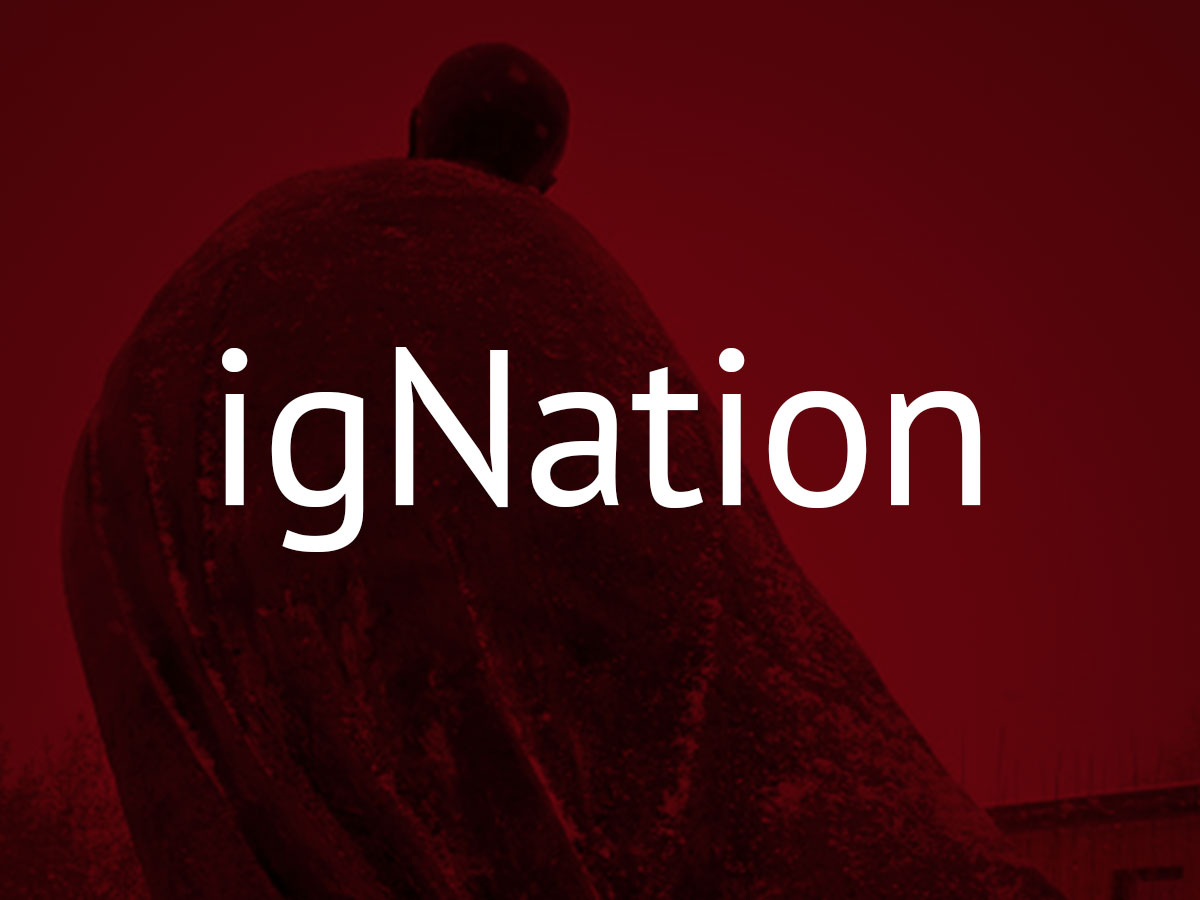The Grand Coulee Dam and The Colville Tribes – In Memory of Mike Stogre, SJ

In memory of Mike Stogre, SJ (1944 to 2015)
 I spent a year in the same Jesuit community with Mike Stogre. There, at times, I would share with him an interesting fact, or a story that I had heard. Mike, a veritable walking encyclopedia, was no doubt already aware of my fact or story, and could add further details. Alas, on my upcoming visit to Vancouver, I will not be able to discuss with him the matter that I have been learning about, here in Washington state: namely, the Grand Coulee Dam and its impact on the local Native communities.
I spent a year in the same Jesuit community with Mike Stogre. There, at times, I would share with him an interesting fact, or a story that I had heard. Mike, a veritable walking encyclopedia, was no doubt already aware of my fact or story, and could add further details. Alas, on my upcoming visit to Vancouver, I will not be able to discuss with him the matter that I have been learning about, here in Washington state: namely, the Grand Coulee Dam and its impact on the local Native communities.
There is a great photo of tribal chiefs looking at the nearly-completed Grand Coulee Dam, in 1941. I wonder what was going through their minds. Their thoughts may have turned to the communities that were being relocated because of the flooding; or to the fact that no salmon would be getting past this dam.
Salmon were, traditionally, the major food source for the Native peoples here. But the salmon also meant more than food. According to D. R. Michel, “it is hard to describe the importance of salmon. They are at the core of our creation stories handed down generation to generation: ‘I give my body to feed you and keep you alive, and you in turn take care of me.’”[1]
The land that would be flooded by the dam was bought by the government, at the time of construction. A further settlement in 1994 compensated the Colville tribes. As well, three hatcheries were built by the government at the time of the Coulee Dam; and a fourth was built more recently. This latter hatchery is operated by the tribes. Also, Grand Coulee Dam has the largest total capacity for electricity among all U.S. dams.
On the Colville reservation, I visited the town of Inchelium. The town, including the Catholic church of the community, was relocated at the time of the construction of the dam. Perhaps I would have told Mike Stogre this fact, about this town and its church. Perhaps I would have surprised him with something he didn’t already know and would be interested in hearing about.
For now, I will not be able to have such a conversation with Mike; but I hope to see him again in the next life, and to have a good conversation or two with him there.
++++++++++++++++++++++++++++++++++++++++
[1] “Honoring Upper Columbia United Tribes (UCUT),” interview of May 4, 2015, http://www.celp.org/ucut/.




No Comments